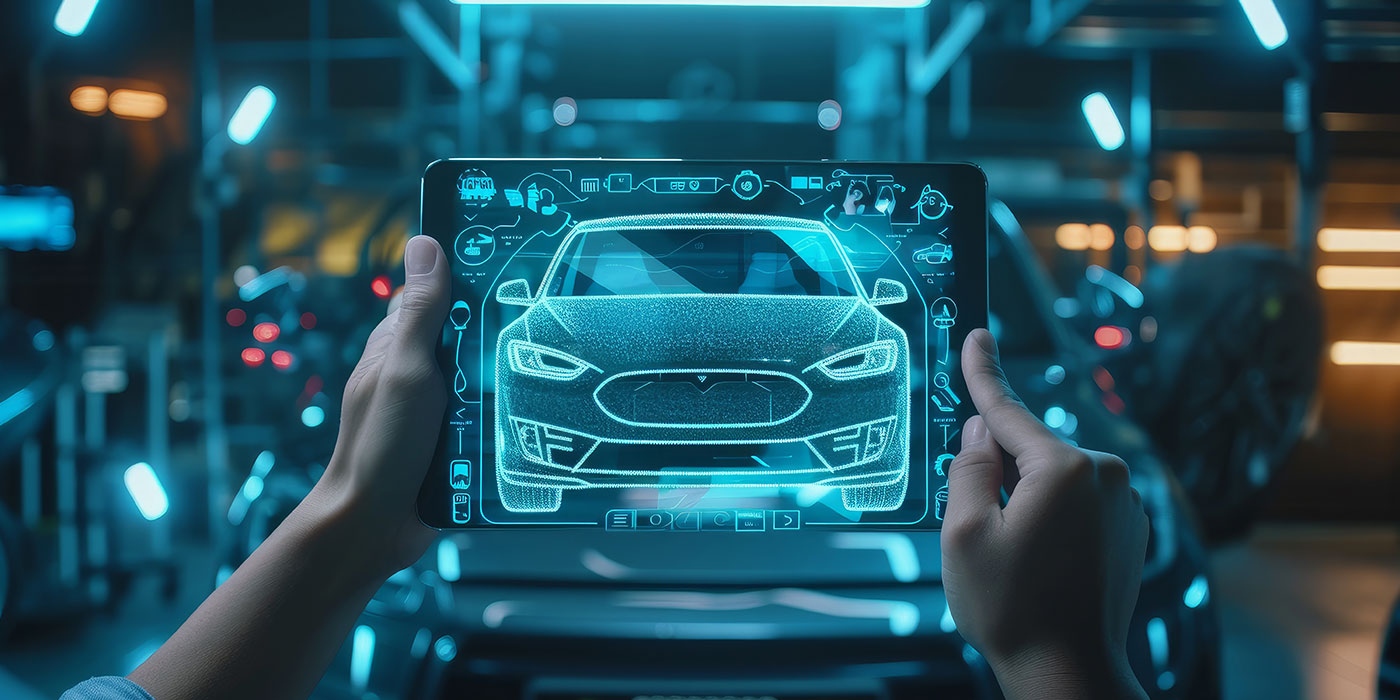Even before the pandemic-related events that have defined 2020 upended everyone’s personal and professional lives, interest in online vehicle purchases had been rising steadily for several years. By early 2020, 44% of consumers surveyed by J.D. Power indicated that they were willing — and would even prefer — to complete automotive transactions digitally. Demand for online vehicle purchases has only moved in one direction since then: up.
This has put mounting pressure on the automotive industry to address the points of friction that have held back adoption of end-to-end e-commerce in the sector. One of the biggest hurdles to clear, however, is the extraordinary amount of legal and regulatory paperwork associated with purchasing a vehicle. And that’s in addition to verifying the veracity and identity of the buyer.
At a current average transaction price of around $32,000, new cars and trucks are far more than just big-ticket items. They are moving vessels that require appropriate insurance, proof of compliance with state and local laws, as well as financing arrangements that are structured to mitigate a wide range of risks for buyers, dealers, lenders and the underwriters themselves.
It is not like buying a tailored shirt at your favorite online clothier. Far higher levels of trust must be established to initiate, negotiate and close transactions.
In the physical world, establishing the levels of trust to conclude large transactions have always started by ensuring that everyone involved is who they say they are. Car buyers can take comfort in seeing a physical location with actual assets and infrastructure. Indeed, the nicer a dealership looks, the more confidence is instilled in shoppers, which is why so much effort is placed in making showrooms look sharp and reflective of the brand.
On the dealership side of the equation, trust is built by asking for identification documents and buttressing the effort with quick credit and background checks. Once the rituals of mutual identity authentication are complete, business can commence. Indeed, a typical test drive is only possible to authorize after a shopper agrees to leave a copy of their driver’s license behind as collateral. And in many states — even in 2020 — deals cannot be closed without signed documents that are affirmed by a notary public. In fact, even in states that don’t require a notary, many dealerships turn to mobile notaries to handle their out-of-area paperwork completion for identity verification and compliance concerns.
Managing Trust and Risk in the Digital Landscape
The situation in the digital world is entirely different, in a very real sense. There is no shortage of headlines describing how bad actors have used digital camouflage and “synthetic identities” to hide their true selves to deceive and defraud people on the other side of the transaction. Given the deal size and complexity of commerce in the automotive industry, it is easy to see why many dealers, and lending and financial institutions, have balked at allowing the entire contracting process to take place in an entirely remote environment.
To address this requirement, we expect to see rising demand for online notary services that offer a completely digital and secure way to fulfill the identity verification and notarization requirements for vehicle transactions in a manner compliant with state and local regulations. The emergence of remote online notarization (RON) services that can safely verify the online identities of all involved parties will help to minimize the risk of large and complex online transactions.
From the dealer standpoint, there are two main benefits. The first is the ability to meet consumer demand 24 hours a day, seven days a week for online convenience and speed — while remaining compliant with live signature and identity checks that are required by state and local regulations. (These are locations where asynchronous e-contracting techniques — those not performed live and in real-time — would not be an option.)
The second benefit revolves around using RON services to effectively neutralize the threat landscape in the digital environment, or at least normalizes risk to no higher than the level that currently exists for physical, in-person transactions.
The growing popularity of digital retail channels and remote transaction processing in the automotive sector has challenged current operational and cultural structures in the automotive industry in general, and the dealership community, in particular. The ability to support remote notarization offers an opportunity for dealerships to more effectively compete in today’s environment with fewer changes to existing workflows.














